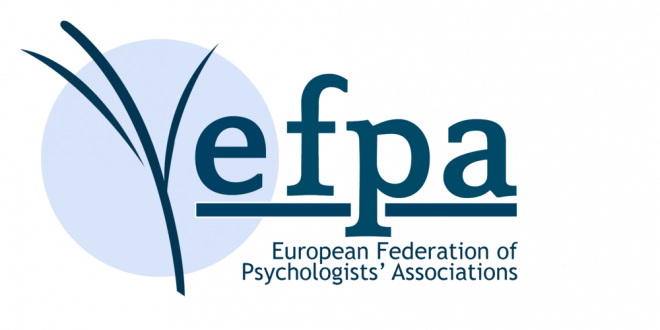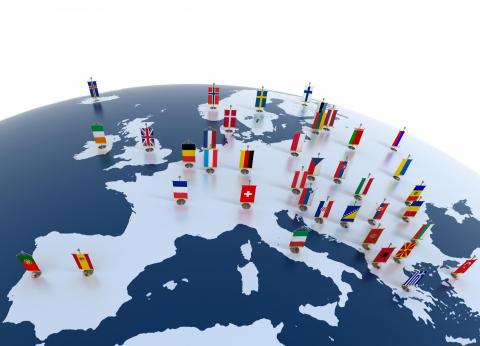Our story
The European Federation of Professional Psychologists Associations (EFPA) was founded in Germany in 1981, when representatives of 12 national psychology associations signed the Statutes.
The first General Assembly (G.A.) was held in Heidelberg in 1981.
Since that time General Assemblies have been held every two years: 1982 Edinburgh, 1984 Vienna, 1986 Lausanne, 1988 Rome, 1990 Luxembourg, 1991 (Extraordinary G.A.) Budapest, 1992 Brussels, 1993 Tampere, 1995 Athens, 1997 Dublin, 1999 Rome, 2001 in London, 2003 in Vienna, 2005 in Granada, 2007 in Prague, 2009 in Oslo, 2011 in Istanbul, 2013 in Stockholm, 2015 in Milan, 2017 in Amsterdam and in 2019 in Moscow.




